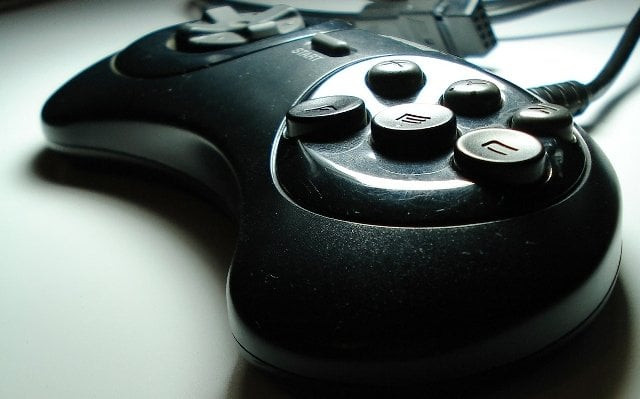Police move to ban ‘killer’ video game
Two incidents of suicides reported in three days

PHOTO: ONILINE
Violent behaviour among the players was also reported.
Deputy Inspector General of Police (DIG) Operations Lahore Ashfaq Ahmad Khan announced that he would write to the Federal Investigations Agency (FIA) and Pakistan Telecommunication Authority (PTA) for the ban. Khan said that he would write to the authorities to ban the game in Pakistan after consultation with Inspector General of Punjab Police Shoaib Dastghir and Capital City Police Officer (CCPO) Zulfiqar Hameed.
Khan said that it was sad that the excessive use of some online games promoted a trend of suicide in youth. The addiction of popular game, PUBG, is proving to be more disastrous than the Ice drug, he said.
Once engaged, youngsters are forced to play on and act as the game pushes them. They would keep on playing to achieve the target.
WHO is recommending video games as an effective way to stop the spread of COVID-19
The official requested parents to spend maximum time with their children and persuade them to engage in literary and creative activities.
In a short span of three days, two cases of suspected suicides owing to the PUBG have been reported in the city.
The latest case was reported on Tuesday in Gulshan-e-Abbass Phase-II. The victim was a matric student. The boy was found hanging from in his room. The police also spotted a smartphone beside the body with the PUBG game app running on it.
His parents also confirmed to the police that they had stopped the boy for playing the game.
Two days earlier, a 20-year-old boy, a student of the second year at FC College University Lahore also reportedly committed suicide after being scolded byhis parents for playing the PUBG.
The victim identified as Jonty Joseph had been living in North Cantonment. On the day of the incident, his father reportedly had reprimanded him for playing PUBG for a long period. He took the punishment so serious that he locked himself inside a room. The next day when he did not open the door, the family broke it and found him hanging.
The victim also worked part-time to assist the family financially and after work would remain busy in playing the game late at night.
Not just in Lahore, cases involving violent behaviour in teenage boys have also been reported India. In a case, a victim reportedly collapsed and died of cardiac arrest after playing the game consecutively for at least 16 hours. In another case, a teen in India chopped off his father’s head after being scolded for playing the game.
Digital video game spending hits record high under virus lockdown
The online game was developed by a South Korean company in 2017. It is designed as a survival game in which the players are dropped onto an island and are supposed to fight to survive.
Applied Psychology Professor at Punjab University Dr Farah Malik said the incidents and trends need to be studied in the context of the current Covid-19 situation. The children had been locked in houses for the last four months and were frustrated as they had no activities to channelise their energy.
She added that the age of the two boys who reportedly committed suicide due to the PUBG was termed in psychology, the age of turmoil. “It is the time when a lot of hormonal changes are happening.” The children, especially boys, need a lot of activities. The lack of activities leads to frustration.
She added that frusyration was further fuelled in the absence of proper sensitisation of parents also. They did not discuss or educate their children about the issues. The youth would learn about the changes from their friends.
Published in The Express Tribune, June 24th, 2020.



















COMMENTS
Comments are moderated and generally will be posted if they are on-topic and not abusive.
For more information, please see our Comments FAQ